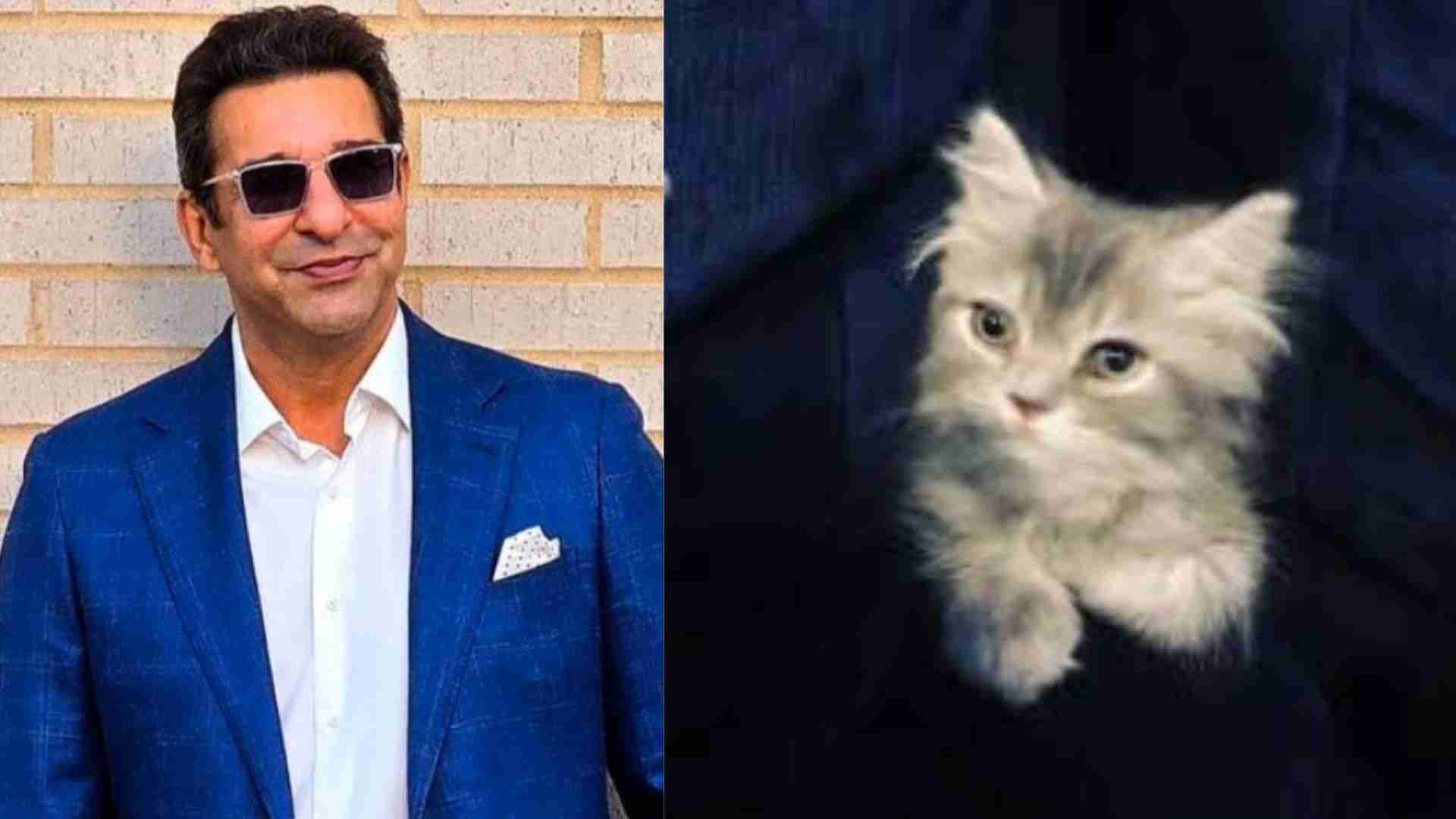
Man is terrified. Dark clouds of death always lurk over him. Man is not able to comprehend death. Death comes at the spur of a moment and ends life. It ends all the plans that one has. It ends all the possessions that one has collected in one’s life. It shuts the windows of the senses by which man accesses life – of seeing, hearing, touching, feeling, tasting and smelling. Death cuts a long story short. It is known as a sad ending. But what if I tell you it is not sad? Don’t be surprised.
What we understand as death is what brings one into a new life. When there is death, life is also ought to be. Life comes from death and ends by it. Understand it like this: when a flower loses its beauty, it falls off, but it also opens the prospect for new buds to come into being. When leaves fall off a tree, they make arrangements for new leaves to emerge. When a baby bird comes to life, it comes because its parents have laid the foundation of the newness of life. New life sprouts all around us at every moment and it comes by bidding adieu and accepting death.
Death is not something to be scared of. Why does Man keep being scared of death all his life? In fact, death brings new life, a newness of life. Death makes arrangements for one to incarnate into a new being. If death was not there, life on earth would not have been there. Human beings would have been dead and no one would have dug out the remains of all those civilizations that we proudly call our own now.
Death tells you when a life is no more to be lived and ushers you into a new life where you are born afresh without the nightmares of past lives. Death is an invitation for a new life. And this invitation has to be accepted with joy, by rejoicing that you are getting a new life—a life that would be worth living. So, the present life ends and the cycle continues. When the cycle is completed, when the expiry date of a program arrives, you cannot run it after that. Death presses the red button of your program and then reboots to update the program.
A fundamental problem is to find out why death makes us so afraid. If it is something which we don’t know, how can it terrify us? We do know one thing that death is essentially an occurrence. If you have the courage to recognise that just like how life has occurred, death is also going to occur, then you will accept death happily. You will have a glimpse of eternity and you will be full of wonder again. You would be delighted in your existence.
Then why does death make us cry? Why does death scare us so much? Death never scares us; we keep on making ourselves scared and terrified. Our whole lives, we keep on thinking about being happy for the wrong reasons. We attach reasons to our happiness—wrong reasons like ‘I think I will earn a lot of wealth and then I would be happy’ or ‘I will own a big palace-like home, then be happy’. It is like Alexander the Great who thought that unless he conquered the entire world he won’t be happy. Because of these irrelevant, unwarranted reasons, our vision of the world changes and we understand that death will come and take away our buildings, wealth, bank balance, ornaments, cars, etc, in a moment. When we think of this—that death will take all our money, wealth and fame—it disillusions us and in turn we cling to our belongings like never before.
Death comes like life comes—as an extension of life. Death is not there to scare you away. But death takes away the ornaments of vanity that Man collects all his life for showing to others. Man, who keeps on consigning his life to tomorrow and postponing it for later use, suddenly realises that there is no later use. Death does nothing but take that tomorrow away. You don’t have the luxury of postponing life any further. Man postpones the ‘now’ to the ‘tomorrow’ promised by his ego to outshine others, bask in the everlasting sheen of his wealth, belongings and vanities. But death takes away all such thoughts.
Life is an occurrence. Death is also an occurrence. It will occur like life does. Whether one is born into a family that reads the Gita or the Quran or the Bible or the Dhammapada does not matter. All that matters is that life needs to be lived to the fullest and one should be joyful without a cause. And when one arrives at the highest point of his being, live in that fully awake and die in it completely and unconditionally. That is the most beautiful way of dying: to die awake.
The author is a spiritual teacher and an independent advisor on policy, governance and leadership. He can be contacted at arunavlokitta@gmail.com.















